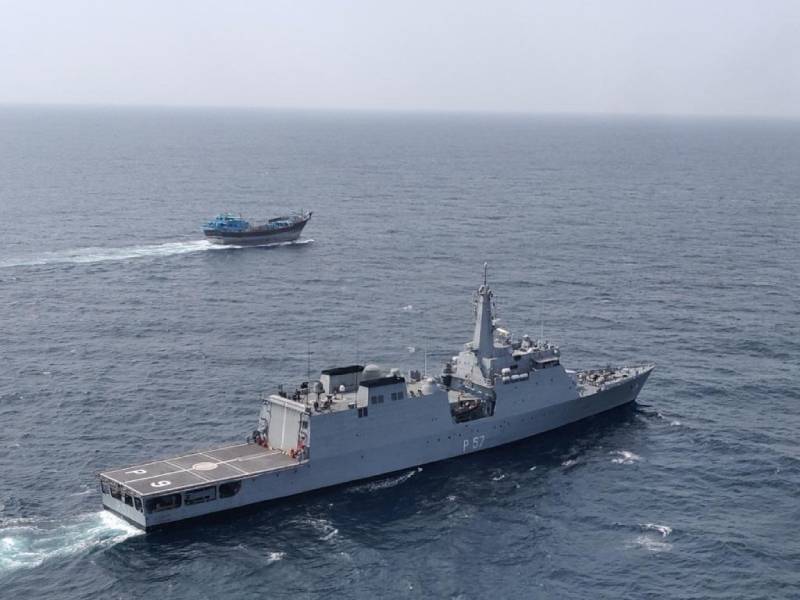Indian Navy partner in Nobel Laureate UNWFP’s mission to end world hunger
By Sayan Chatterjee
Hyderabad: United Nations World Food Programme (UNWFP), the world's largest humanitarian organisation and recipient of the Nobel Peace Prize for 2020 “for its efforts to combat hunger…. contribution to bettering conditions for peace in conflict-affected areas…. and prevent the use of hunger as a weapon of war and conflict”, has been managing its operations unhindered with the help of security detail provided by the Indian Navy since 2008. The Indian Navy has been safeguarding the UNWFP against piracy attacks to transiting ships in the Gulf of Aden and the Red Sea.
In 2018, Indian Navy ships started undertaking focused missions off the East Africa coast and in the Red Sea to escort UNWFP chartered ships, whilst operating under the UN mandate. These UNWFP ships carry emergency food-aid for the people of Horn of Africa and East Africa, where there is a looming risk of famine.
The Indian Navy also transitioned to mission-based deployments in 2017, which has facilitated continuous presence of warships in critical shipping lanes across the Indian Ocean Region. These warships are equipped to meet any eventuality, ranging from Humanitarian Assistance and Disaster Relief (HADR) missions to acts of Maritime Terrorism and Piracy.
INS Sunayna, an indigenously built Naval Offshore Patrol Vessel escorted a UNWFP chartered dhow Al Dahab in December 2018. Al Dahab carried 360 tonnes of humanitarian food aid from the port of Bosaso in North-East Somalia to Berbera in Western Somalia, a distance of over 600 km by sea.
Similarly, at the height of the COVID-19 pandemic, Airavat, an indigenously built Landing Ship (Tank) escorted UNWFP chartered vessel MV Juist, which carried 3,030 tonnes of humanitarian food aid from Berbera to Mogadishu in Southern Somalia in June 2020. This mission covered over 3,000 km, through some of the world’s most dangerous waters, and in extreme sea conditions.
In 2019, UNWFP assisted nearly 100 million people in 88 countries, delivering emergency food-aid and working with communities to build resilience against hunger.